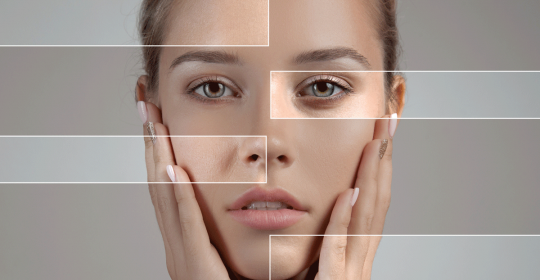
This common skin condition might increase your risk to get Parkinson’s Disease
New study found that rosacea is associated with a two-fold increased risk of Parkinson’s disease (PD).
The Skin Condition
Rosacea is a common skin condition that causes redness and red bumps on the face. It happens most often in adults ages 30 to 60 and it will get worse over time if it is not treated. The condition is treated with antibiotics. Famous sufferers include Bill Clinton, Cameron Diaz, Prince Charles and others.
The Study
Researchers of the University of Copenhagen published the study on 21.02.2016 in the journal JAMA NEUROLOGY. The study included 5.4 million Danish adults between 1997 and 2011. One group included all adults who developed rosacea. The control group included adults who never developed rosacea. The researchers investigated which group had a higher risk to develop Parkinson’s disease
The Results
The people in the “rosacea group” had a 2-fold increased risk to develop Parkinson’s disease.
Parkinson’s was diagnosed 2.4 years earlier in the “rosacea group”.
Treating rosacea with antibiotics decreased the risk of developing Parkinson’s.
The Conclusion
Future research is needed to understand the link between the skin condition and Parkinson’s disease. However, patients and physicians should be aware of the link as it may lead to an earlier diagnosis. Moreover the possible “neuroprotective effect” of antibiotic rosacea treatment needs further attention.
More about Parkinson’s Disease
References

